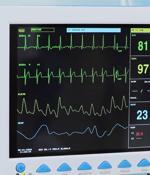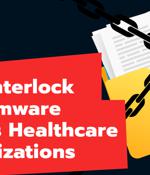Security News

Silver Fox, a China-based threat actor that may or may not be backed by the Chinese government, has been delivering the ValleyRAT backdoor to unsuspecting users by disguising the malware as...

Health Net Federal Services (HNFS) and its parent company, Centene Corporation, have agreed to pay $11,253,400 to settle allegations that HNFS falsely certified compliance with cybersecurity...

A previously undocumented ransomware payload named NailaoLocker has been spotted in attacks targeting European healthcare organizations between June and October 2024. [...]

If this makes you feel sick, knowing this happened before ransomware actors started targeting medical info may help An alleged security SNAFU that occurred during the Obama administration has...

Community Health Center (CHC), a leading Connecticut healthcare provider, is notifying over 1 million patients that their personal and health information was stolen in an October breach. [...]

Community Health Center (CHC), a leading Connecticut healthcare provider, is notifying over 1 million patients that their personal and health information was stolen in an October breach. [...]

The US Cybersecurity and Infrastructure Security Agency (CISA) is warning that Contec CMS8000 devices, a widely used healthcare patient monitoring device, include a backdoor that quietly sends...

Attackers may have leveraged vulnerabilities in the SimpleHelp remote monitoring and management solution to gain initial access to healthcare organizations. About the vulnerabilities On January...

Ransomware attacks have reached an unprecedented scale in the healthcare sector, exposing vulnerabilities that put millions at risk. Recently, UnitedHealth revealed that 190 million Americans had...

The Commission has presented an EU action plan aimed at strengthening the cybersecurity of hospitals and healthcare providers. The initiative is an essential step in shielding the healthcare...